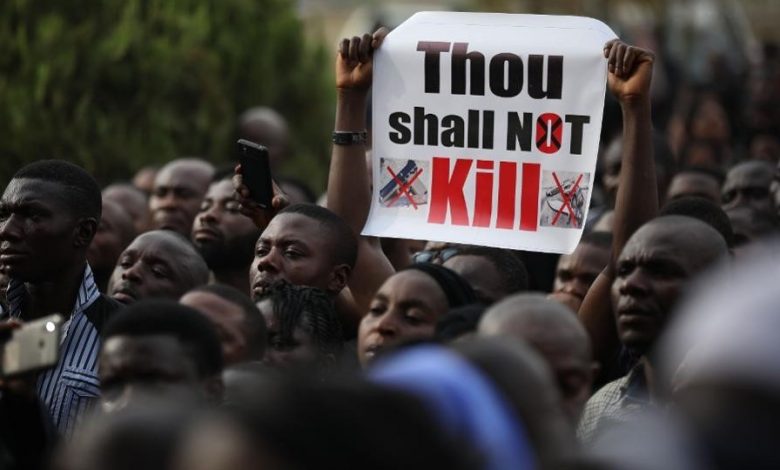Whether Nigeria has been this unsafe is a question that is up for debate, but one fact that can not be denied is that the security architecture of this country is being overwhelmed and needs all the solutions it can get. News of kidnapping, banditry and ritual killings dominate the headlines of various national dailies, with the masses being at the receiving end of these attacks.
Attacks like this, which should normally send the whole nation into tumult and uproar are now being regarded as ‘normal’. This further highlights the level of degeneration in the security architecture of Nigeria. The level of insecurity observed has led to the United States, United Kingdom and other countries to list Nigeria as an unsafe place to travel to.
Recently, it appears a war is being waged against the educational sector by these enemies of the state in a series of coordinated attacks on schools and educational institutions. Mass abduction of school children, kidnapping of university students in exchange for ransom has been recorded.
It will be recalled that Nigeria witnessed the first school kidnapping incident on April 14/15th, 2014, when Boko-Haram insurgents abducted 280 students of Government Girl Secondary School, Chibok. Seven years after the abduction of the Chibok girls, what has followed has been an unprecedented clampdown on educational institutions by these insurgents, abducting more students, murdering some in the process, while releasing some in exchange for ransom.
According to UNICEF, about 10.5 million of the children aged 5-14 years are not in school in Nigeria. This statistics is even worse in the Northern part of Nigeria with only 53% net attendance rate, meaning almost half of the children’s population are out of school. This reality is further impacted by the enforced lockdown from the covid-19 pandemic which resulted in schools being shut down for almost a year. Many students did not return back to school after the lockdown. Since the resumption of school activities from the lockdown, there have been at least two mass abductions and several other cases of kidnap of school children across various regions in Nigeria, especially in the northwest.
The effects of insecurities on education are numerous, but worthy of mention is the significant drop in enrollment rate from the considerable gains that were made in years before. According to reports, enrollment rate has declined by a whopping 23% which can be attributed to parents deciding against releasing their wards to school for fear of being abducted or kidnapped. Many of the parents who defy the odds to send their wards to school now rue their choice.
Considering the aim of Boko-Haram insurgency in Nigeria is a fight against formal education, their aim is gradually being achieved. Out of school children tend to resort to picking vices and also can be easily recruited as child soldiers, thereby worsening the security situation of the country.
Peace, security and serenity are important factors for successful teaching and learning. In the absence of these factors, teaching and learning becomes distorted. Since mass abduction of students has become a thing of regular reoccurrence, teachers and students are now being taught basic emergencies and safety skills. Under these extreme circumstances of fear and uncertainty, teachers cannot impact knowledge fully and effectively to their students, and students cannot learn either with full concentration and attention. The net result is a rapid decline in the quality of education, as performances in internal and external examinations begin to hit the rock.
Nigeria’s educational system as it is, is largely underfunded, under-equipped and of low quality, and this is largely responsible for the low level of economic productivity.
Education is a tool of empowerment in a highly competitive and dynamic socio-economic environment. Economic and social progress cannot be achieved without a vibrant and efficient human capital. For Nigeria to reach her full potential, investment in education is crucial and of utmost importance.
Arresting this menace of insecurity will not only protect lives and properties of citizens, but also improve the fortunes of the country in all ramifications. Governments at all levels must begin to realize the gross impact of insecurity on the fortune of the nation, especially in an important sector such as education, and engage all physical and human resources in combating it.
This article conveys the views of the author and not necessarily that of Ominira Initiative.


